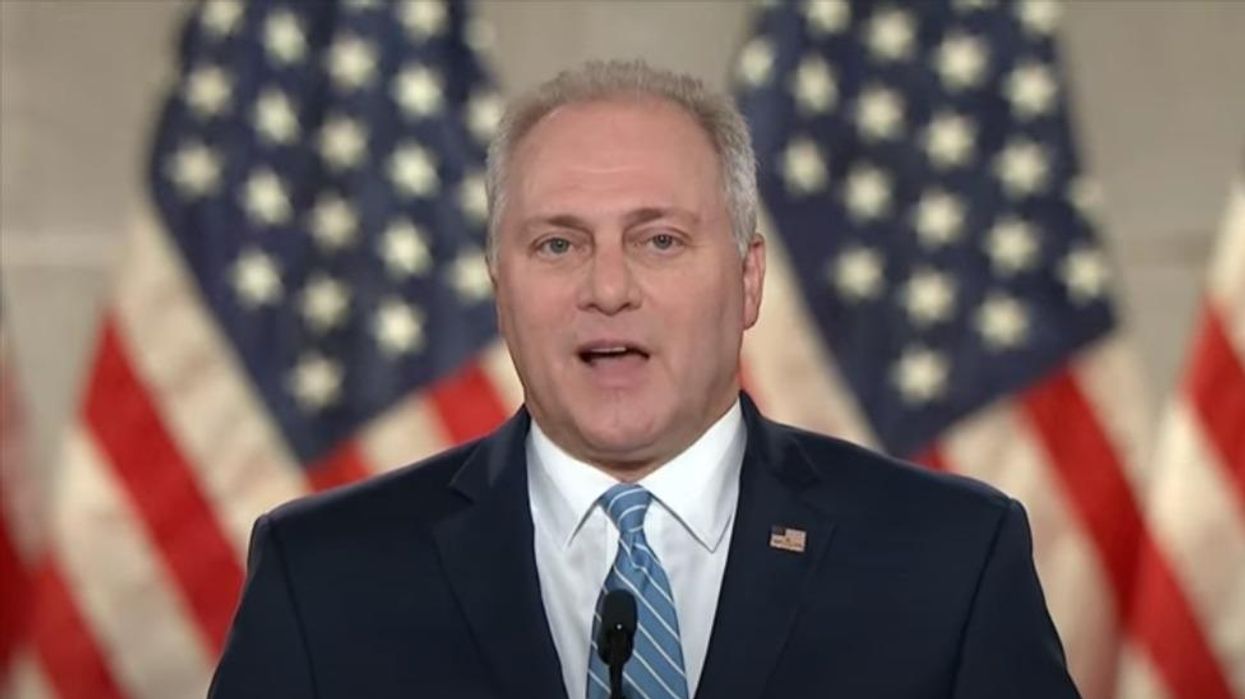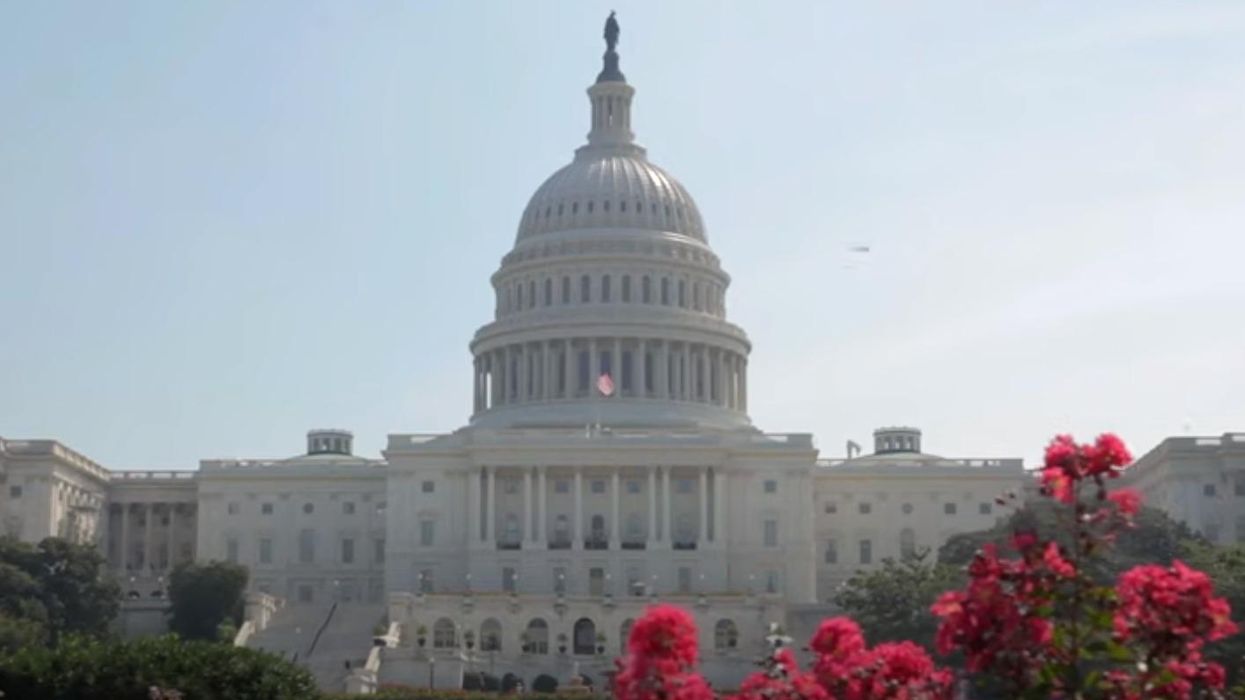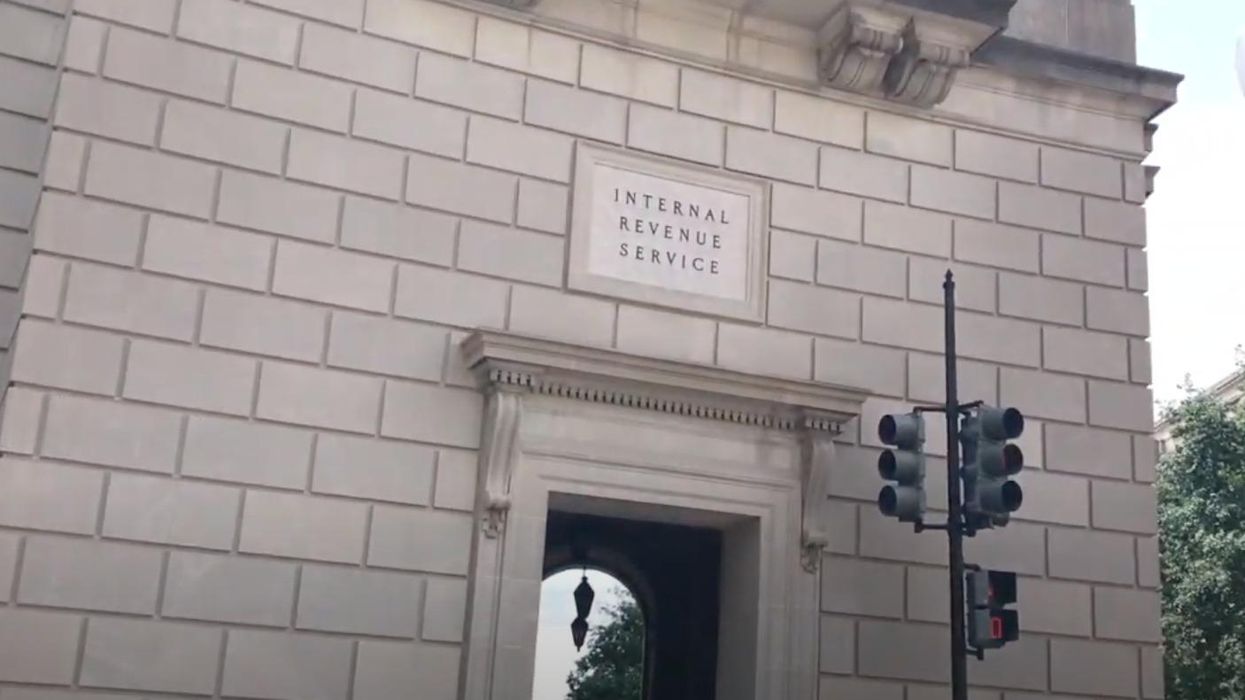GOP's Extremist 'First Two Weeks' Agenda Stalled In House
Days before the 118th Congress convened, incoming House Majority Leader Steve Scalise outlined an ambitious agenda of right-wing legislation for the new Republican majority to pass during the first two weeks of the new session. A month later, only about half of the "ready-to-go" proposals that the Louisiana Republican prioritized have received a floor vote.
In a December 30 letter to the GOP caucus, Scalise wrote: "In preparation for becoming the House Majority Leader next week, I have been meeting with our incoming committee chairs over the last month to start making plans for legislation on the House Floor so that we can hit the ground running in our first weeks in the majority. We have made it clear that we must change the way we do business in order to improve the legislative process."
Noting that such changes would take time, Scalise added: "In the meantime, we will begin bringing up meaningful, 'ready-to-go' legislation in the House. These commonsense measures will address challenges facing hard-working families on issues ranging from energy, inflation, border security, life, taxpayer protection, and more."
Scalise outlined 11 bills and resolutions that he would bring to the floor without waiting for committee action.
Rather than vote on any legislation, House Republicans struggled through their first week simply trying to agree on who should be House speaker. After days of infighting, they elected Rep. Kevin McCarthy (R-CA) on their 15th attempt, early on Jan. 7.
In the three weeks since, the House has taken up and passed just six of the items Scalise listed in his letter.
In a January 9 party-line vote, they passed the Family and Small Business Taxpayer Protection Act, which would rescind money appropriated in the 2022 Inflation Reduction Act to help the IRS modernize systems, replace retiring employees, and beef up enforcement of existing tax laws, especially for large corporations and wealthy individuals making over $400,000 a year. If the proposal becomes law, the nonpartisan Congressional Budget Office estimated, it will cost the federal government more than $185 billion over 10 years in lost revenue.
A day later, they formally established a "Select Committee on Strategic Competition Between the United States and the Chinese Communist Party."
On January 11, they passed two anti-abortion measures: the Born-Alive Abortion Survivors Protection Act, which would criminalize doctors who do not provide medical care in extremely rare situations in which a fetus survives an attempted abortion; and a nonbinding resolution condemned "recent attacks on pro-life facilities, groups, and churches."
Abortion rights groups condemned both measures as part of a "dystopian political agenda."
Next, they approved two bills to restrict the president's ability to sell petroleum from the nation's Strategic Petroleum Reserve.
The Protecting America's Strategic Petroleum Reserve from China Act, passed January 12, would prohibit any of the products taken from the reserve from being sold "to any entity that is under the ownership, control, or influence of the Chinese Communist Party" or to anyone who doesn't agree to prevent it from being exported it to China.
The Strategic Production Response Act, passed on January 27, would require the Energy Department to agree to increase fossil fuel drilling on federal lands by a comparable amount before any petroleum is drawn from the reserve except in a "severe energy supply interruption."
The remaining five "ready to go" proposals have been delayed, as even some House Republicans raised concerns about them.
The Prosecutors Need to Prosecute Act would require local prosecutors to report data on several types of prosecutions to the federal Justice Department. In a letter to McCarthy and Democratic Minority Leader Hakeem Jeffries, 24 civil rights groups said: "Efforts to pressure prosecutors to use their discretion to send more people to prison and seek longer sentences, such as the Prosecutors Need to Prosecute Act, are a threat to justice, equity, and public safety. … The goal of H.R. 27 is clear: to pressure prosecutors to prosecute more cases more harshly despite bipartisan concerns that the United States already incarcerates far too many people for far too long."
Republican Arizona Rep. Andy Biggs toldRoll Call the bill was a "federalization" of local enforcement, "putting the federal government to solve every local problem."
Another, a nonbinding resolution, would oppose "the misguided and dangerous efforts to defund and dismantle the Nation's law enforcement agencies." This would seemingly conflict with Republicans' vote to slash IRS enforcement funding and Republican Georgia Rep. Marjorie Taylor Greene's call to "defund the FBI."
The Border Safety and Security Act would crack down on asylum-seekers coming to the United States by giving the secretary of homeland security the authority to unilaterally bar them from entering the country and requiring the government to keep them out as long as there is a processing backlog.
Rep. Tony Gonzales (R-TX) opposes the bill, telling the Washington Post on January 23, "Trying to ban legitimate asylum claims — one, it's not Christian, and two, to me, it's very anti-American."
Long a GOP priority, the No Taxpayer Funding for Abortion and Abortion Insurance Full Disclosure Act would codify the Hyde Amendment's ban on most federal funding of abortion and would also prevent federal funding of any health insurance plan that includes abortion coverage.
Planned Parenthood has opposed this bill for years, warning it would disproportionately hurt people of color and low-income women.
Finally, the Illegal Alien NICS Alert Act would require U.S. Immigration and Customs Enforcement and local police to be informed any time an undocumented immigrant tries to purchase a gun.
Scalise's schedule for this week promises votes on bills to limit the government's COVID-19 safety response efforts and a resolution "denouncing the horrors of socialism."
None of the remaining "first two weeks" bills are scheduled to come to the floor.
Reprinted with permission from American Independent.




